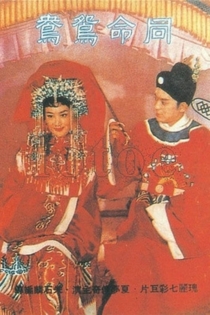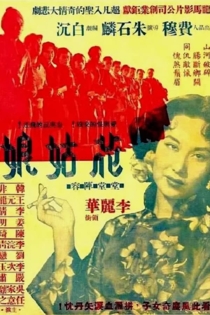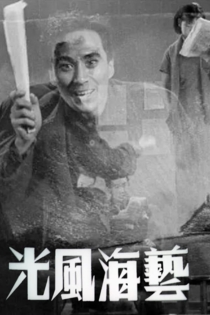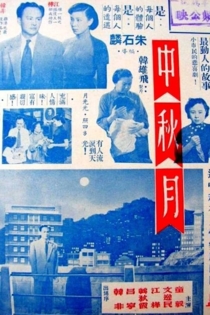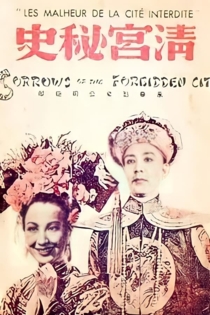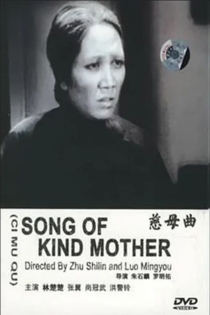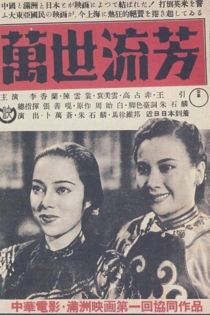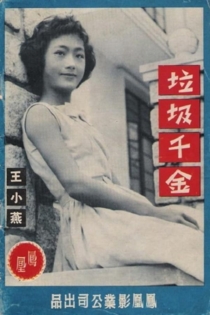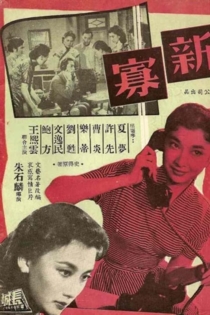
Zhu Shi-Lin
1899 - 1967誤佳期
Bai Shen, Zhu Shi-Lin
Hsiao Yen, Han Fei
A wedding musician fails to wed his own love: Little Trumpet is raring to marry his childhood sweetheart, but a series of setbacks has prevented them from getting their way. Criticism against social formalities becomes all the more forceful with the clever use of contrast and irony, not to mention the realist and comedic touch a la Zhu Shilin. Of special mention is the famous teahouse scene where dynamic, melodic camerawork creates a hilarity that continues to amaze to this day. A genuine masterpiece with every single detail, down to the minor props, forming an integral part of a whole. Today, young couples are struggling nonetheless to get a roof over their heads, a testimony to the fact that poverty still reigns beneath the facade of harmony and stability after all these years.
Should They Marry?
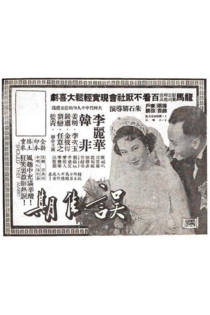
Lian hua jiao xiang qu
Youliu Tan, Situ Huimin
Qing Jiang, Xi Mei
"Lianhua Symphony" - a small collection, consisting of eight short films shot in 1937 by young filmmakers Shanghai Lianhua Film Company. Part 1: Two Yuans (兩毛錢) directed by Situ Huimin / Part 2: Nightmares in Spring Chamber (春閨斷夢) directed by Fei Mu / Part 3: The Stranger (陌生人) directed by Tan Youliu / Part 4: Three Friends (三人行) directed by Shen Fu / Part 5: Landscape Under the Moonlight (月下小景) directed by He Mengfu / Part 6: The Ghost (鬼) directed by Zhu Shilin / Part 7: Rhapsody of a Madman (瘋人狂想曲) directed by Sun Yu / Part 8: Five Little Brothers (小五義) directed by Cai Chusheng
Symphony of Lianhua
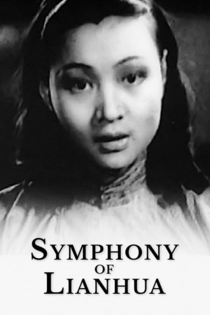
故園春夢
Zhu Shi-Lin
Hsia Meng, Bao Fang
Yang Mengchi is a spoiled, rich do-nothing whose habit of smoking opium has cost him his entire fortune and the family mansion, the Garden of Repose, now due to be sold to Yao Guodong. Fearing that Yao's spoiled and unruly son Siaofu will follow in Yang's footsteps, Yao's stepwife Wan Zhaohua tries to instil discipline in the child but her efforts are undermined by the child's indulging and protective father and grandmother. Unable to reform himself despite his own son's chastisement, Yang leaves home to lead a reclusive life in a destitute temple, only helped out by his filial daughter Han'er. The poverty-stricken Yang is drafted into the army and tragedy ensues.
Garden of Repose
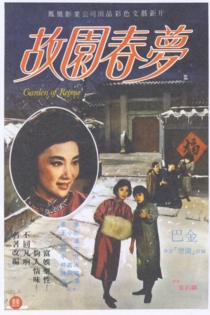
國風
Lo Ming-Yau, Zhu Shi-Lin
Lin Chu-Chu, Lili Li
In 1930, two sisters from the countryside, the serious Zhang Lan (Ruan Lingyu) and the frivolous Zhang Tao graduate from the secondary school where their mother Zhang Jie serves as principal. They both love their cousin Zuo, but have ambitions other than marriage. Their lives change dramatically when both attend university in Shanghai and encounter modern urban life and rapidly changing society. The film also depicts the emergence of Chiang Kai-shek's 1934 New Life Movement. Lianhua Film Studio did the film to appease the Nationalist Party which accused it of primarily presenting left-wing films, which was true.
National Customs
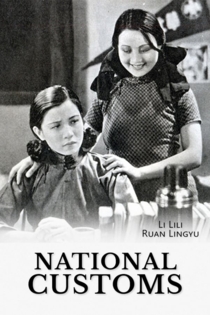
屍變
Hung Yin, Zhu Shi-Lin
Chuan-Chuan Chen
Famed director Zhu Shilin tries his hand at a horror film! The beginning of The Living Corpse immediately sets the tone with a folk duet clearly inspired by the popular 1956 musical Songs of the Peach Blossom River. The duet, in addition to Zhu's frequent use of long, empty shots and crisp editing, gives this horror film a traditional poetic charm and a strong folk flavor. Mise-en-scene and sound effects create a terrifying atmosphere, and successfully communicate the ghostliness of a world without ghosts.
The Living Corpse
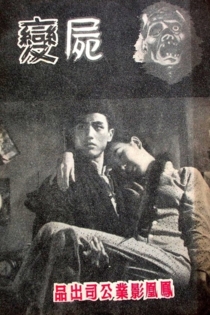
Xiandai fuqi
Zhu Shi-Lin
This movie is a pre-revolutionary era cultural introspection work that was way too ahead of its time, and consequently, performed poorly in the box office. The movie challenged the tow thousand years long traditional rigid Confucian teachings about husbands and wives by introducing the idea of gender equality in a very subtle way.
The Modern Couple

